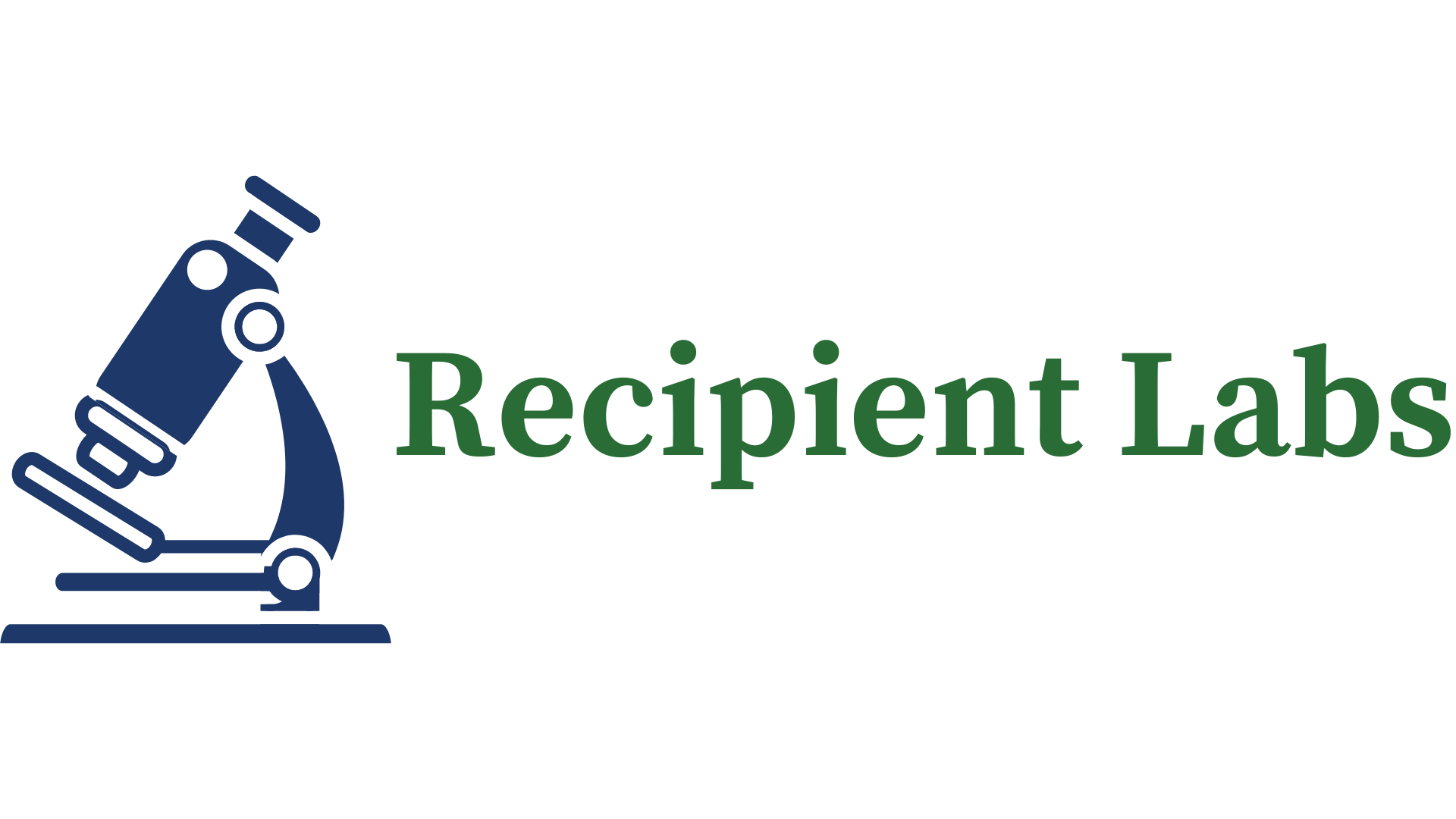When money lands in your bank, like the monthly salary that your employer pays you, you like to think that that money is now yours, right? The payment is final. The money belongs to you, not to the person who gave it to you.
Along those lines:
In recent years, for various personal reasons, I pay attention to a lot of stuff that I didn’t pay attention to in the past. For example, the monthly rhythms of the US government’s Social Security payments to retired people.
(In Turkey, by the way, these payments are often called “emekli maaş” — that’s what I’m talking about here.)
Just like when your employer deposits your salary in your bank, when the monthly Social Security check arrives in your account, you like to think the money is yours.
But actually, the US government reserves the right to “claw back” the money it has given you in the past. We like to think that money is dependable, that it’s ours, but in reality it’s amazingly easy for the person who gave it to us to take it back.
(This clawback right has existed in the past, so as much as I like to hang all things bad on Trump and Musk, I have to be honest and admit this one isn’t them, it’s just that they made this point of vulnerability much more risky.)
Often, the world we like to think we see in front of us doesn’t actually exist. It’s just a fiction we have created in our mind. A fiction supported by the collective blindness of us and the people around us. A lie we tell ourselves to smooth our lives.
What does this have to do with your presentations? I talk a lot about having something to say, and how having something to say is more important than “presentation skills,” right?
So here’s a tip: One of the most fertile subjects for a good presentation is describing the world that actually is, not the world your audience thinks it sees. Whenever you see a discrepancy between the world your audience thinks it lives in, and the world it actually lives in, point it out.
